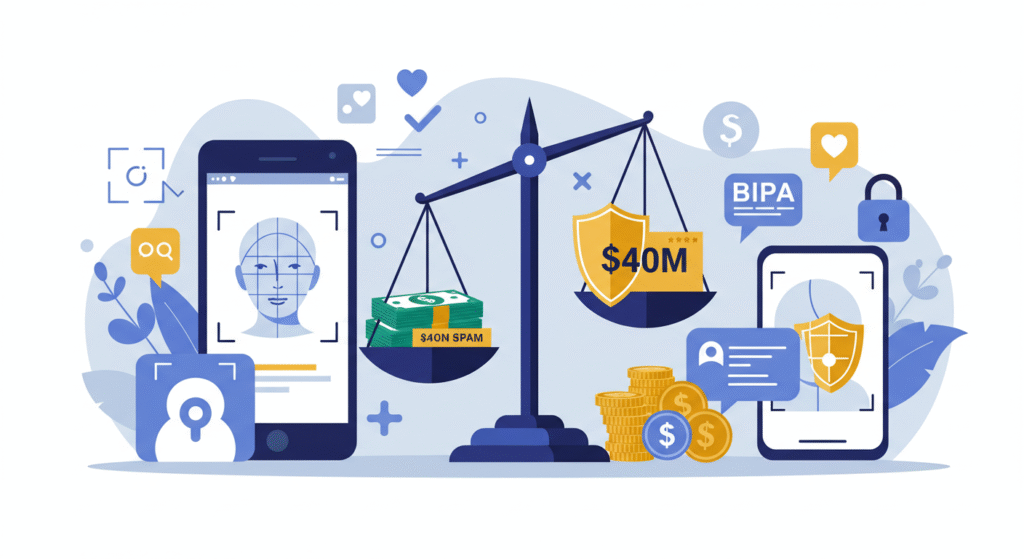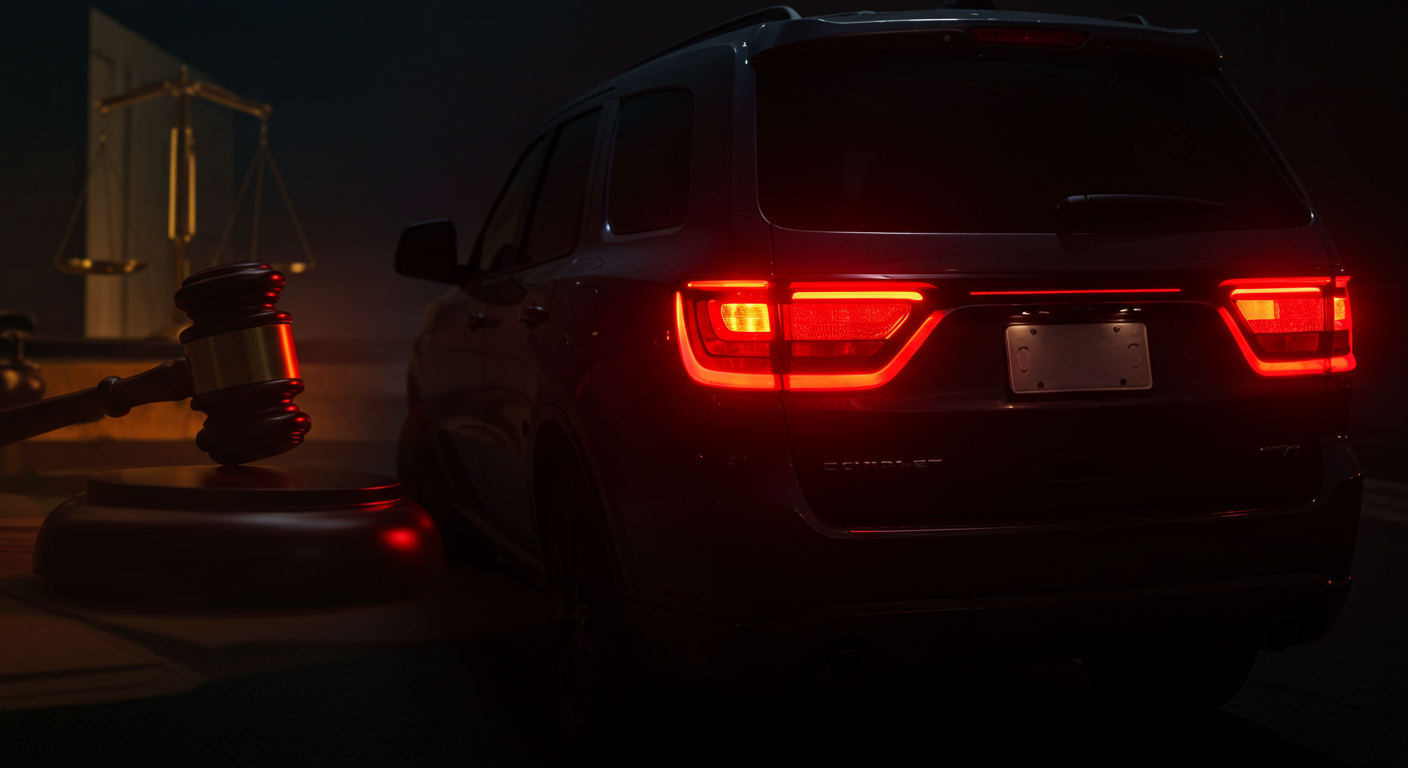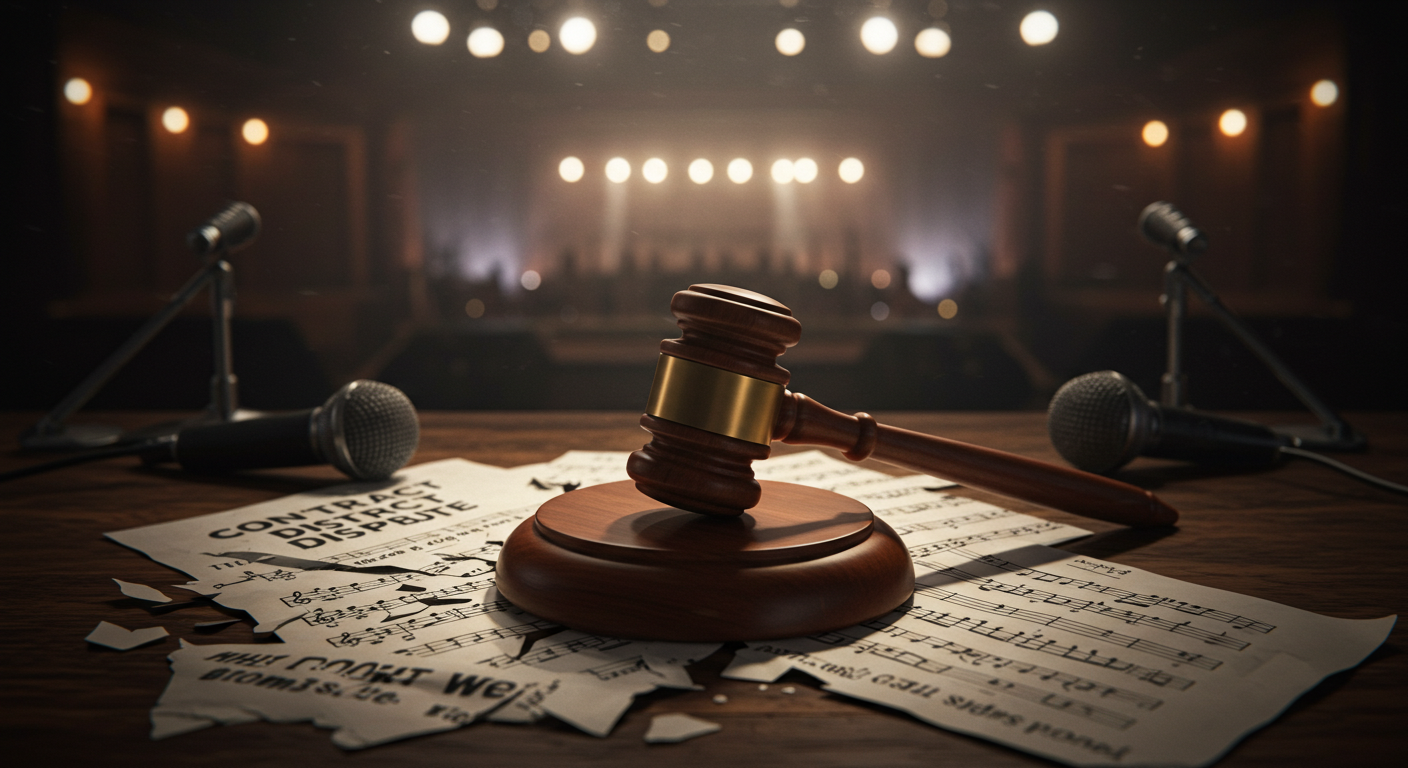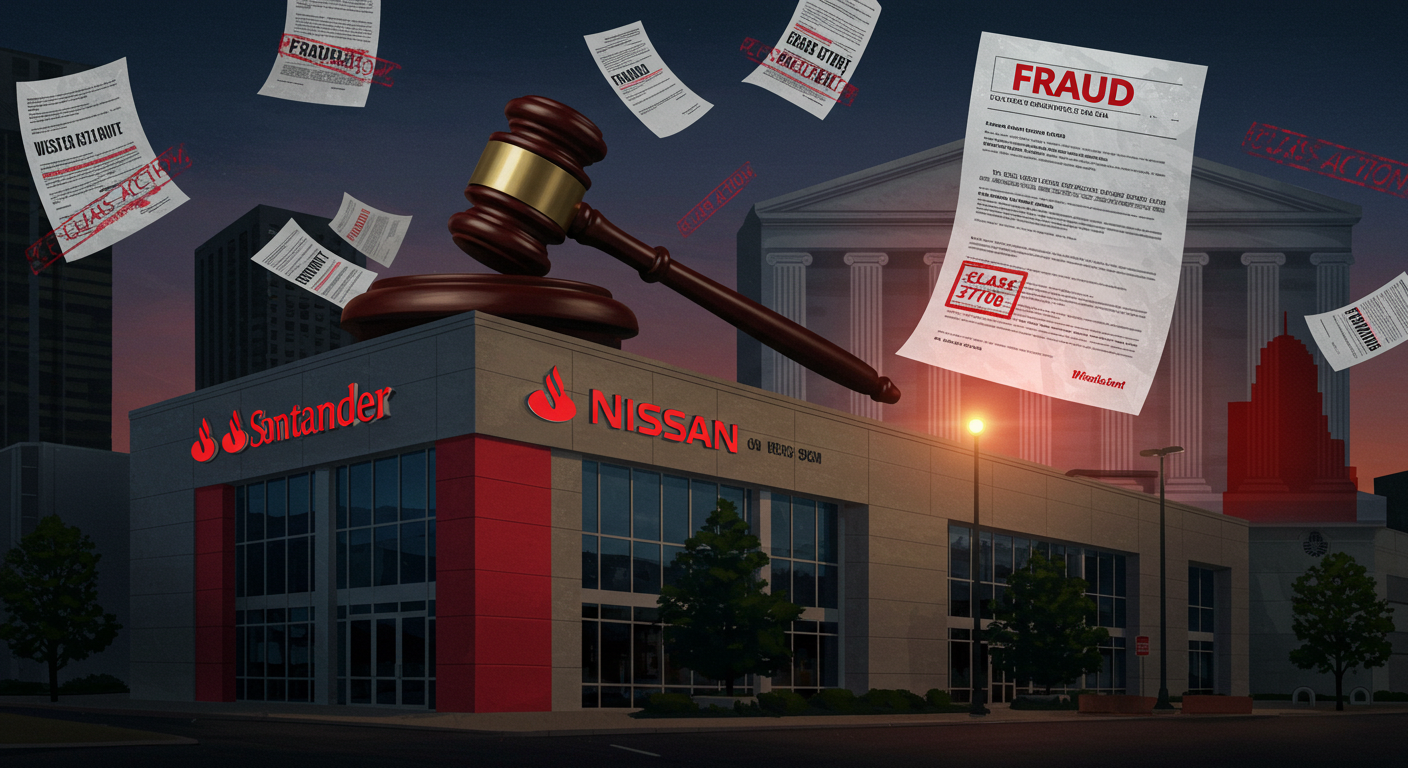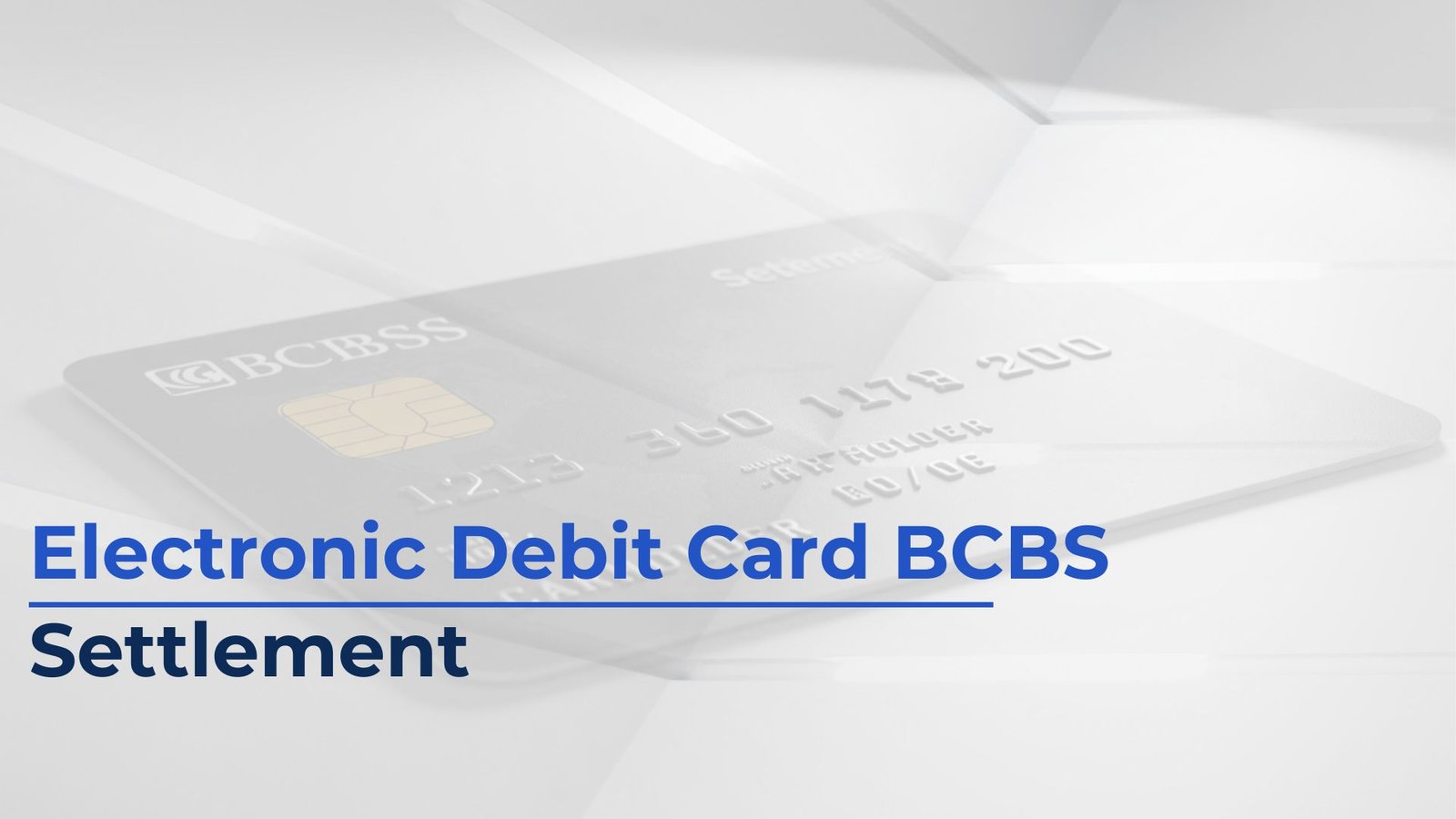Hi, I’m Orland Howell. I spent four years writing about lawsuit settlements in a way that was easy to understand. I helped people learn about cases where regular folks received money for privacy issues. In this article, I explain the Bumble settlement in very simple Wordings. You’ll find out what happened, who could get paid, and what steps were needed. My goal is to give you clear, honest facts about this past event. Let’s get started.
What Was the Bumble Settlement About?
The Bumble settlement was a big deal for people who used the Bumble or Badoo dating apps. These apps helped you meet people for dates or friendships. A lawsuit claimed the apps broke privacy rules in Illinois. To settle, the companies paid $40 million. They didn’t admit they did anything wrong, but this money helped users who felt their privacy was hurt.
The case was called Howell v. Bumble Trading L.L.C. or Howell v Bumble Settlement. It was a bumble class action lawsuit, meaning a few people sued for a large group—in this case, Illinois app users. The lawsuit started in 2021 in Winnebago County Court. A judge approved the deal in October 2024. By late 2024, people started getting paid.
Why did this matter? Dating apps used your photos. They sometimes scanned your face to check it was you. But Illinois law said they needed your permission first. This settlement made sure apps followed these rules better.
What Was BIPA? The Law Explained
BIPA stood for Biometric Information Privacy Act. It was an Illinois law from 2008 that protected personal details like fingerprints or face scans, called biometrics. These were special because they were part of you.
The law said companies couldn’t take your biometrics without telling you and getting your written okay. They couldn’t sell or share them without your permission. They also had to keep them safe.
In the Bumble lawsuit, people said the apps scanned photos to measure face details, like the shape of your eyes or nose, without asking properly. The apps used these scans to check photos or stop bad content. Users weren’t told clearly or asked to agree in writing.
Bumble and Badoo said they followed the law. Still, they paid $40 million to end the case. This happened a lot in class actions to avoid long court fights.
I wrote many BIPA cases. This law led to billions in payouts for people, like workers at McDonald’s or Facebook users. It wasn’t just about money—it taught companies to respect your privacy.
Who Started the Lawsuit?
Two Illinois residents, Kemelle Howell and Dario Dzananovic, started the lawsuit. They used the apps and said their privacy was broken when their photos were scanned without clear permission.
Kemelle Howell was a lead plaintiff, so the case was named after her. They worked with lawyers to speak for everyone who had the same problem. The court chose them because their stories matched the group’s.
They received $5,000 each as a thank-you for their hard work.
You might wonder, “Was I part of this?” Let’s look at who could get money.
Who Could Get Money from the Settlement?
Not everyone could get money. You had to be in the settlement group. You qualified if:
- You used Bumble or Badoo.
- You were in Illinois or lived there when you used the app.
- You used it between November 1, 2016, and December 31, 2021.
That was it! You didn’t need to show you were hurt. Using the app in Illinois during those years was enough.
Some people couldn’t claim, like judges on the case, their staff, or anyone who settled a similar claim before September 20, 2024.
Over one million people could have been eligible. The money each person got depended on how many filed claims. The $40 million was shared after paying fees and costs.
How Much Money Could You Get?
Everyone wanted to know: How much would I get? The money was split equally among claimants after expenses.
The total fund was $40 million. Here’s how it was used:
- Lawyers got about 35%, or $14 million, for their work.
- Court and other fees took about $100,000.
- Lead plaintiffs got $5,000 each.
The rest went to people who claimed. Early reports said people got over $1,400 each. Some received up to $1,900 through Zelle or PayPal. The amount changed based on how many claims were filed.
If fewer people claimed, you got more. If more claimed, you got less. The claim deadline was September 20, 2024, but the website sometimes had updates if deadlines changed.
Taxes were important. If you got over $600, you needed a W-9 form. Without it, 24% went to taxes, but you could claim it back when filing taxes.
From my work on settlements, I know BIPA payouts were usually $200 to $2,000. This one was higher because the fund was big.
How Did You Claim Money?
The deadline to claim was September 20, 2024. If you got a notice late or thought you qualified, you could visit example site howellbipasettlement.com.
To claim before, you needed:
- Your full name.
- Your Bumble or Badoo usernames.
- The email and phone number you used with the app.
- How you wanted to be paid: Venmo, PayPal, or check.
- A promise that your information was true.
You could claim online or by mail. You just had to say you used the app in Illinois during those years.
If your claim was approved, money arrived in late 2024 or early 2025. Some waited because of possible appeals, but none happened.
If you missed the deadline, you likely didn’t get money. But you could look for other lawsuits like this in other states.
What If You Didn’t Claim?
Before the settlement was approved, you had options:
- Claim money to get paid.
- Do nothing, get nothing, and lose your right to sue about this.
- Opt out by September 20, 2024, to sue Bumble or Badoo yourself.
- Object by the same date if you thought the deal wasn’t fair.
Most people claimed or did nothing. Opting out was rare unless you wanted to sue for more money on your own.
If you joined the settlement, you couldn’t sue Bumble or Badoo about this privacy issue anymore.
More Than Just Money
The settlement wasn’t only about cash. Bumble and Badoo agreed to:
- Delete old face-scan data from Illinois users.
- Follow BIPA rules going forward, like asking for your permission before scanning.
This kept future users safe. No more scans without your okay.
It was like the apps saying, “We’ll do better.” I saw this in other cases, like with TikTok or Snapchat. It helped you trust them more.
Why Was Bumble Sued?
Dating apps used your photos. Bumble scanned faces to check for fake accounts. Badoo did it to block bad content. The lawsuit said they didn’t tell users clearly or get written permission. They also kept the data without saying how long.
Illinois’ BIPA law was very strict. It applied even though Bumble was in Texas.
This wasn’t new. BIPA lawsuits hit big companies like Facebook, which paid $650 million, and Clearview AI, which faced billions. Bumble settled to move on, which companies often did.
Tips for People Waiting for Money
If you were waiting for payment or checking your claim:
- Checked emails or mail from info@howellbipasettlement.com .
- Watched for scams. Fake websites asked for money. The real site was free.
- Used your claim ID to check your status on the website.
- Saved tax forms. You needed them for taxes the next year.
If your claim was denied, you could appeal within 30 days.
I wrote about settlements for years. I always advised checking the official court website. My articles helped people avoid scams and save time.
Common Questions About the Settlement
Here were answers to questions people asked:
Did I Need Proof I Used the App?
No. Your details were checked against app records.
Could People Outside Illinois Claim?
Only if you were in Illinois when you used the app.
When Did I Get Paid?
Most got paid in late 2024 or early 2025. Some took longer due to processing.
Was This Bumble’s Only Lawsuit?
No, there was another one about stocks, but this was about privacy.
What If I Used Both Apps?
One claim worked for both Bumble and Badoo.
Had more questions? You could email the administrator or read the full notice online.
Privacy Trends to Know
BIPA was a strong law. Other states like Texas and New York thought about making similar ones. Europe had a law called GDPR that protected data too.
Apps like Bumble started explaining privacy better. They updated their rules after this settlement.
For you: Always read an app’s terms. Covered your camera if you were worried.
As an expert, I thought more privacy lawsuits were coming. Technology moved fast, and laws tried to catch up.
Conclusion: Lessons from the Bumble Settlement
The Bumble settlement showed that your privacy matters. The $40 million payout helped thousands of Illinois users who used Bumble or Badoo between 2016 and 2021. If you filed a claim before the September 20, 2024, deadline, you likely received your share in late 2024 or early 2025. If you missed the chance, this case taught an important lesson: your personal data deserves protection.
This settlement wasn’t just about money. It pushed Bumble and Badoo to delete old face-scan data and follow strict privacy rules. These changes made apps safer for everyone. My four years of writing about settlements show that cases like this empower users and hold companies accountable.
Disclaimer: This article shares general information about the Bumble BIPA settlement based on public court documents and news. It is not legal advice. For questions about your claim or eligibility, consult a lawyer or visit example site howellbipasettlement.com. Orland Howell was not part of the settlement administration.
Explore More:
Life360 Settlement Claim 2025 — How to File, Who Qualifies & Max Payouts
Beasley Allen Roundup Settlement: What Claimants Must Know — Payouts, Deadlines & How to File

Orland Howell is a seasoned content writer with four years of deep expertise in crafting compelling and informative content about lawsuit settlements. With a keen understanding of legal nuances and a talent for translating complex topics into clear, engaging narratives, Orland helps law firms, legal professionals, and clients communicate effectively. His work spans blog posts, articles, whitepapers, and website content, all designed to educate, inform, and drive results. Passionate about empowering audiences with knowledge, Orland combines precision, creativity, and industry insight to deliver content that resonates and builds trust.
